Nasser Al Qudwa, a nephew of late Palestinian leader Yasser Arafat, has returned to the West Bank after four years of self-imposed exile, unveiling a plan to bring peace and stability to Gaza through a political transformation of Hamas and sweeping reforms within the Palestinian leadership.
The veteran diplomat and former foreign minister said he was ready to help govern Gaza as part of a broader post-conflict arrangement. His proposal calls for Hamas to disarm, end its administrative control of Gaza, and evolve into a political party participating in future elections.
Al Qudwa, 72, a long-time critic of President Mahmoud Abbas and the current Fatah leadership, coupled his plan with a call to confront entrenched corruption within the Palestinian Authority. “The first duty is to regain confidence of the street — something that we lost — and we have to be brave enough to say that we don’t have it anymore. Without it, frankly, it’s useless,” he said.
He also urged stronger action to curb violence by Jewish settlers in the Israeli-occupied West Bank and to implement long-overdue internal reforms within Fatah. “There must be a serious confrontation of corruption in this country,” he added, saying the leadership must reconnect with ordinary Palestinians if it hopes to play a role in Gaza’s reconstruction and governance.
Return After Years in Political Wilderness
Al Qudwa left the West Bank in 2021 after being expelled from Fatah for defying Abbas’s authority by running his own electoral list ahead of a vote that was later cancelled. Last week, Abbas, 89, granted amnesty to several expelled members, paving the way for Al Qudwa’s reinstatement into the movement founded by his uncle.
His return comes amid renewed international and domestic pressure on Abbas to reform the Palestinian Authority (PA) as it seeks a role in postwar Gaza, from which it was ousted by Hamas in 2007. Despite Israeli opposition, the PA has been lobbying to participate in U.S.-backed reconstruction and security initiatives following the ceasefire brokered by President Donald Trump.
Analysts say Al Qudwa’s political rehabilitation may position him as a bridge between rival Palestinian factions and a credible figure to represent the PA in future governance arrangements. His longstanding connections with Arab states, diplomatic experience, and roots in Gaza — he was born in Khan Younis — make him a potential candidate for leadership roles under international supervision.
“If I’m needed, I’m not going to hesitate,” Al Qudwa told reporters, signaling his willingness to participate in any transitional arrangement to stabilize Gaza.
Shifting Focus to Gaza’s Governance
With Trump declaring the Gaza war officially over, attention has shifted toward managing Gaza’s reconstruction and political future. The U.S. plan envisions a technocratic Palestinian committee — operating under international oversight — to run Gaza’s day-to-day affairs, backed by an international security force to assist a new Palestinian police.
Al Qudwa said that while international involvement was acceptable, Gaza must ultimately be administered by Palestinians. “International supervision would be fine, but Gaza must be run by Palestinians, and they must be able to hold elections,” he said, noting that no national vote has been held since 2006.
He also stressed that Hamas must be integrated into the political process rather than excluded. “The door should be open for them for a political transformation towards a political party,” he said. “Hamas needs to understand that nobody is coming after them, that some of these employees will be given another opportunity, that they will not be assassinated, and that there will be an opportunity for them to participate in political life.”
Under his proposal, a “Palestinian council of commissioners” would govern Gaza temporarily. The council’s head could be appointed by Abbas to maintain administrative continuity between the West Bank and Gaza, though Al Qudwa clarified that he was “not suggesting the return of the Authority as is.”
He suggested using existing PA assets in Gaza to form a new police force, while some current Gaza police officers could be vetted and retained. The goal, he said, should be to integrate security under a unified Palestinian structure without reimposing the old bureaucracy.
Calls for Reform and Accountability
Al Qudwa’s remarks also included a rare public acknowledgment of the widespread perception of corruption within the Palestinian Authority. Although he declined to provide specifics, he said he was “astonished” by how deeply it had spread. “It’s everywhere, and it must be addressed seriously,” he said.
Recent opinion polls show that most Palestinians view the PA as corrupt and disconnected from the public. Al Qudwa’s return — and his call for political renewal — has been seen by many as a challenge to the stagnant leadership structure that has dominated Palestinian politics for nearly two decades.
Political analyst Hani al-Masri said Al Qudwa could play an important role in shaping Gaza’s future but cautioned that any success would depend on unity among Palestinian factions. “No person alone can play a successful role without consensus,” al-Masri said. “The challenges are great. The most important is Israel, which does not want the Palestinian Authority to return to Gaza.”
As Gaza begins to transition from war to reconstruction, Al Qudwa’s return adds a new dimension to the evolving Palestinian political landscape. Whether his roadmap gains traction will depend not only on his ability to unite rival groups but also on the willingness of Israel and the international community to allow Palestinians to chart their own political course.

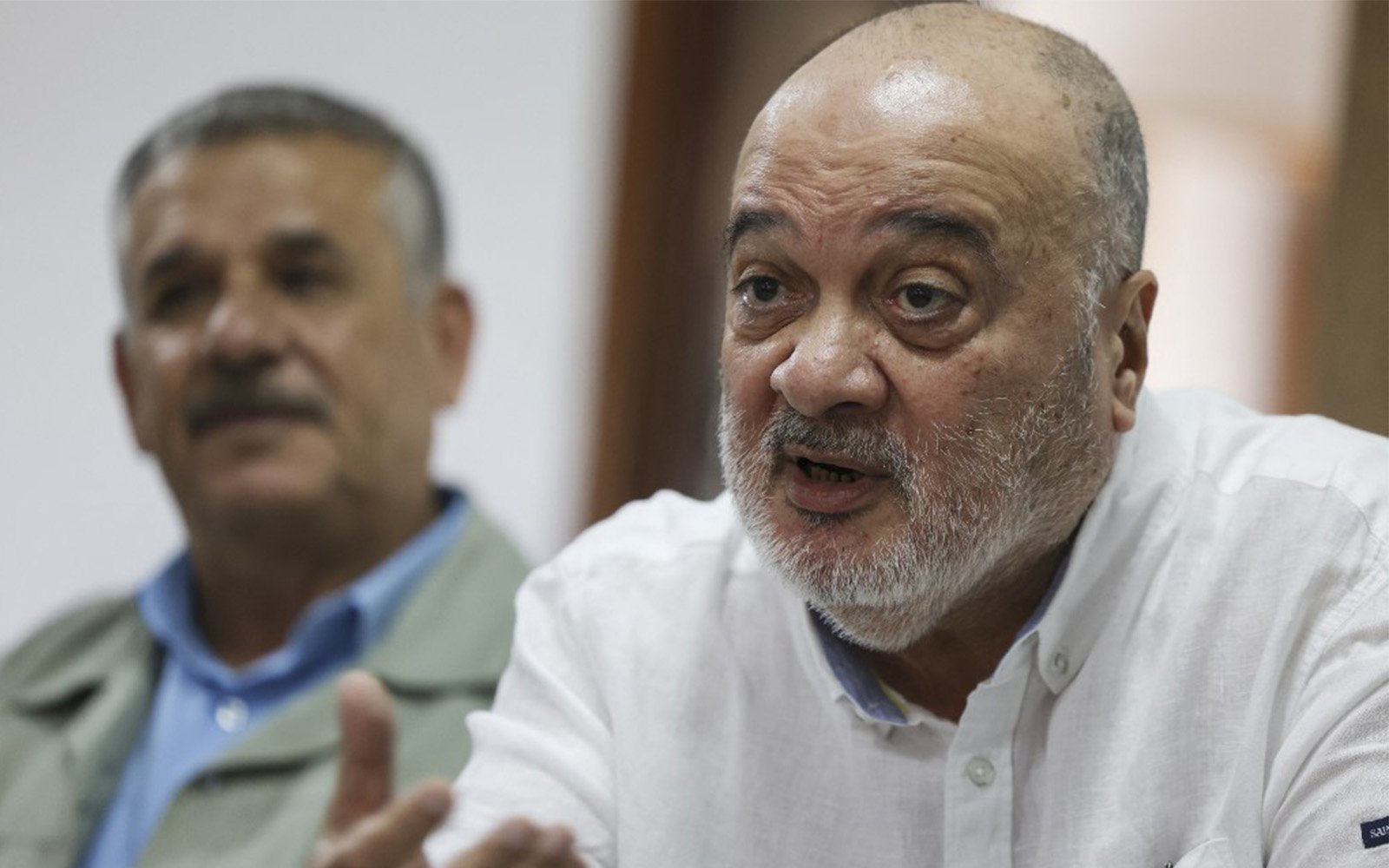

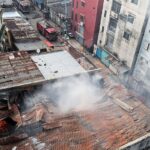
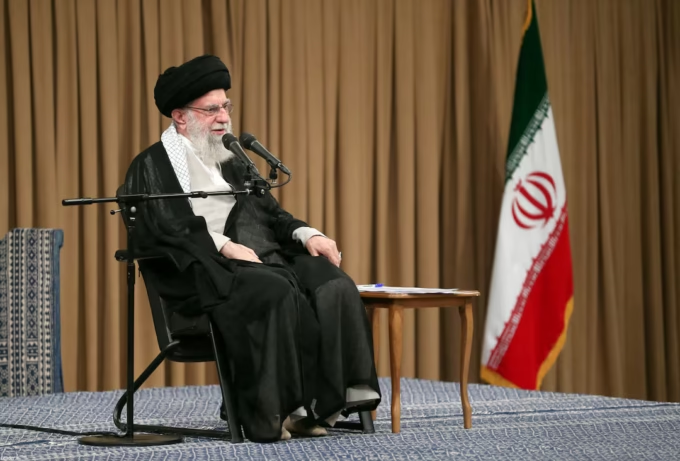
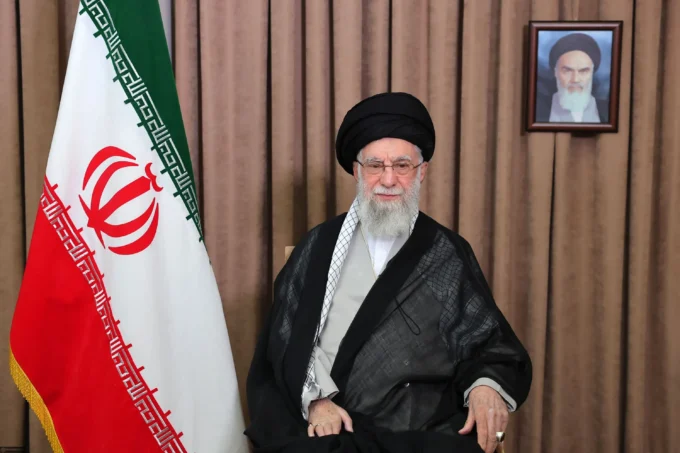
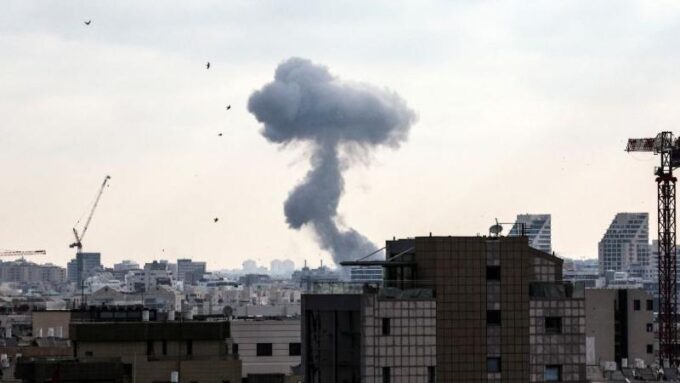
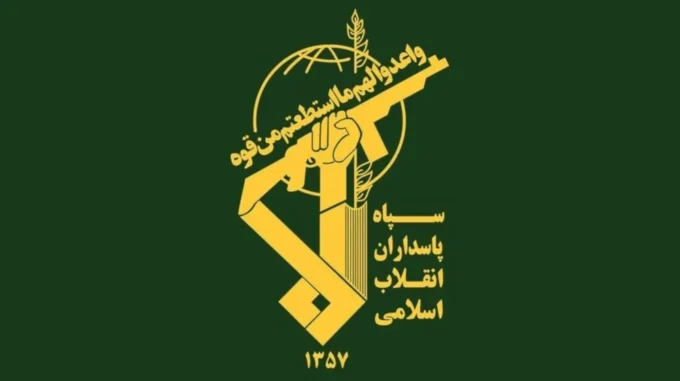
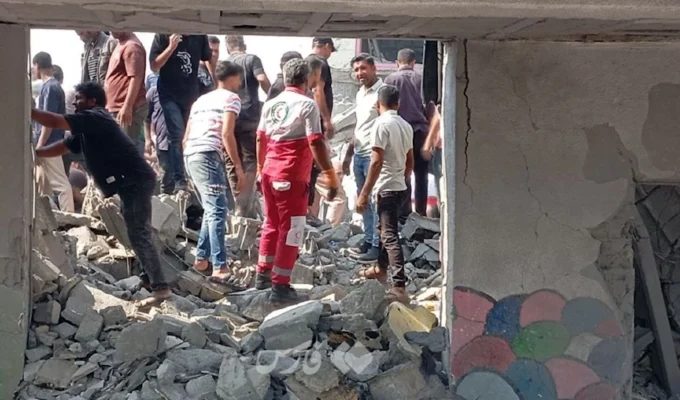

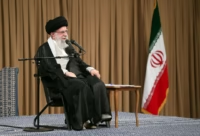
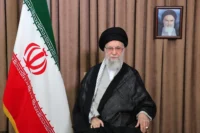
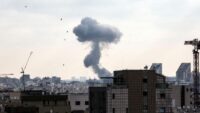
Leave a comment